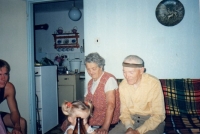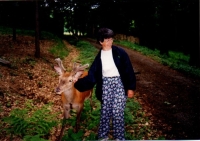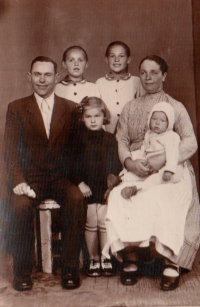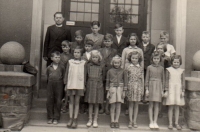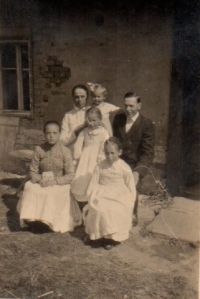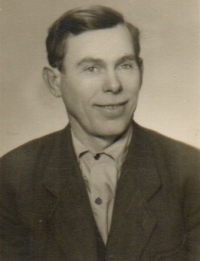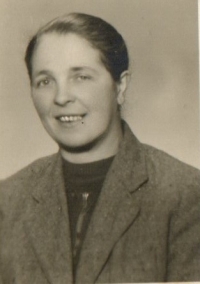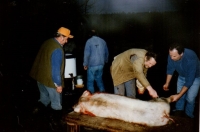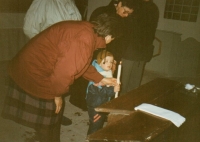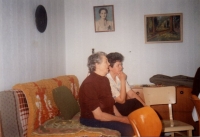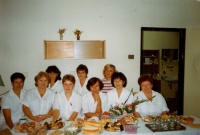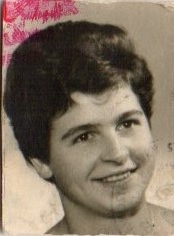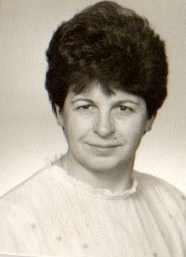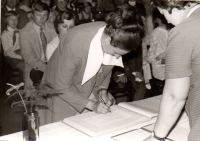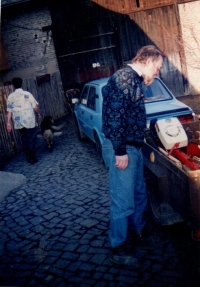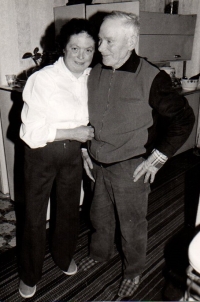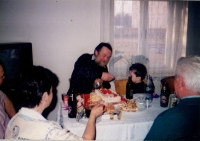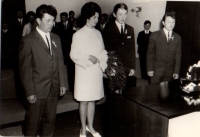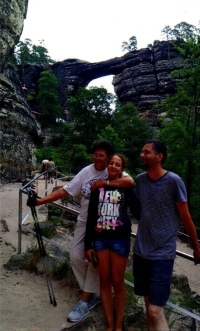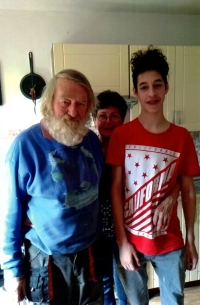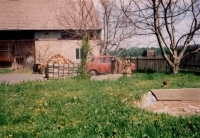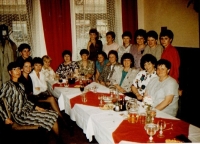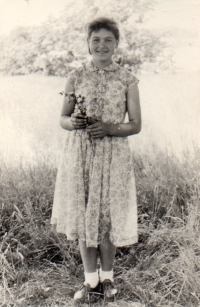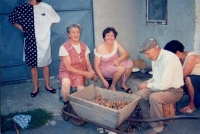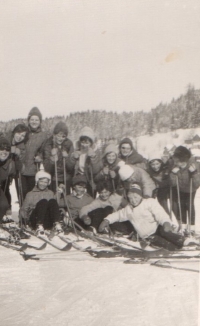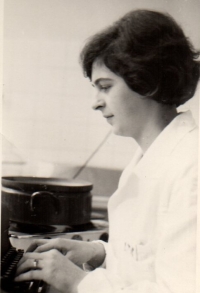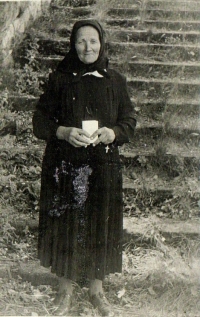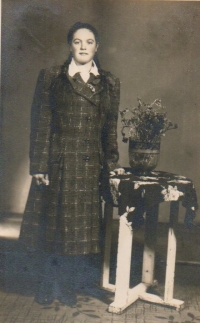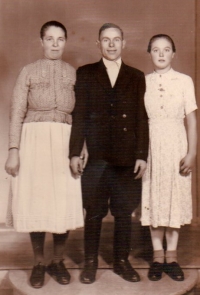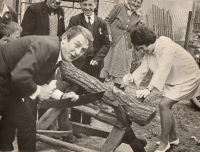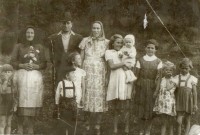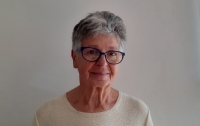Our parents passed on the faith
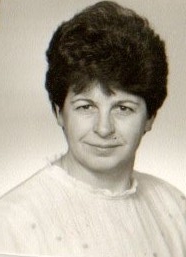
Download image
Anežka Stehlíková, née Kretová, was born on 1 January 1947 into a Romanian Slovak family in the village of Varzari in the north-west of the country near the border with Hungary. Her ancestors likely came to the region in the late 19th century; her grandparents on both sides were already born in Romania and settled in the Metaliferi Mountains area. Men worked mostly in the forest while women raised numerous offspring and took care of farm animals. They were traditionally deeply religious, firmly rooted in the Roman Catholic Church. Four daughters were born to the Krets in Romania. Older children went to a Hungarian school while Slovak was spoken at home. During World War II, father Štefan Kret had to enlist in the Hungarian army alongside German troops, and was imprisoned in the Siberia for a year after the war. In June 1949, the family emigrated to Czechoslovakia and settled in Borek - Zahrádky near Česká Lípa in the borderland. Two more daughters were born and the family became integrated in their new environment, linguistically and culturally. Anežka graduated from a medical high school in Ústí nad Labem and worked in North Bohemian hospitals, spending most of her career in the laboratory of the hospital in Česká Lípa. She married outside her Romanian-Slovak community. She has not yet visited the place where she was born and lived as a child in Romania. We were able to record her story thanks to the support of the village of Zahrádky near Česká Lípa.
